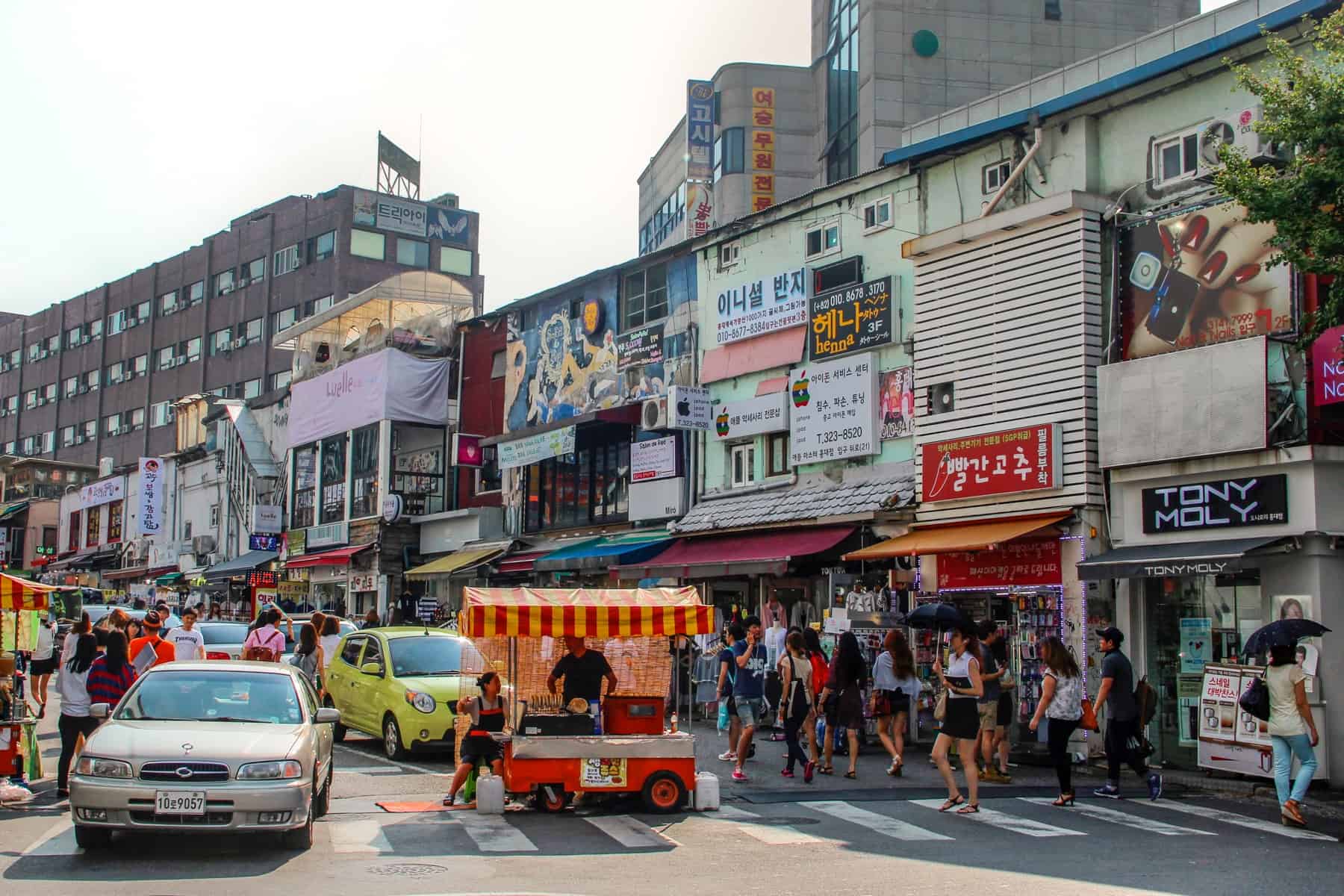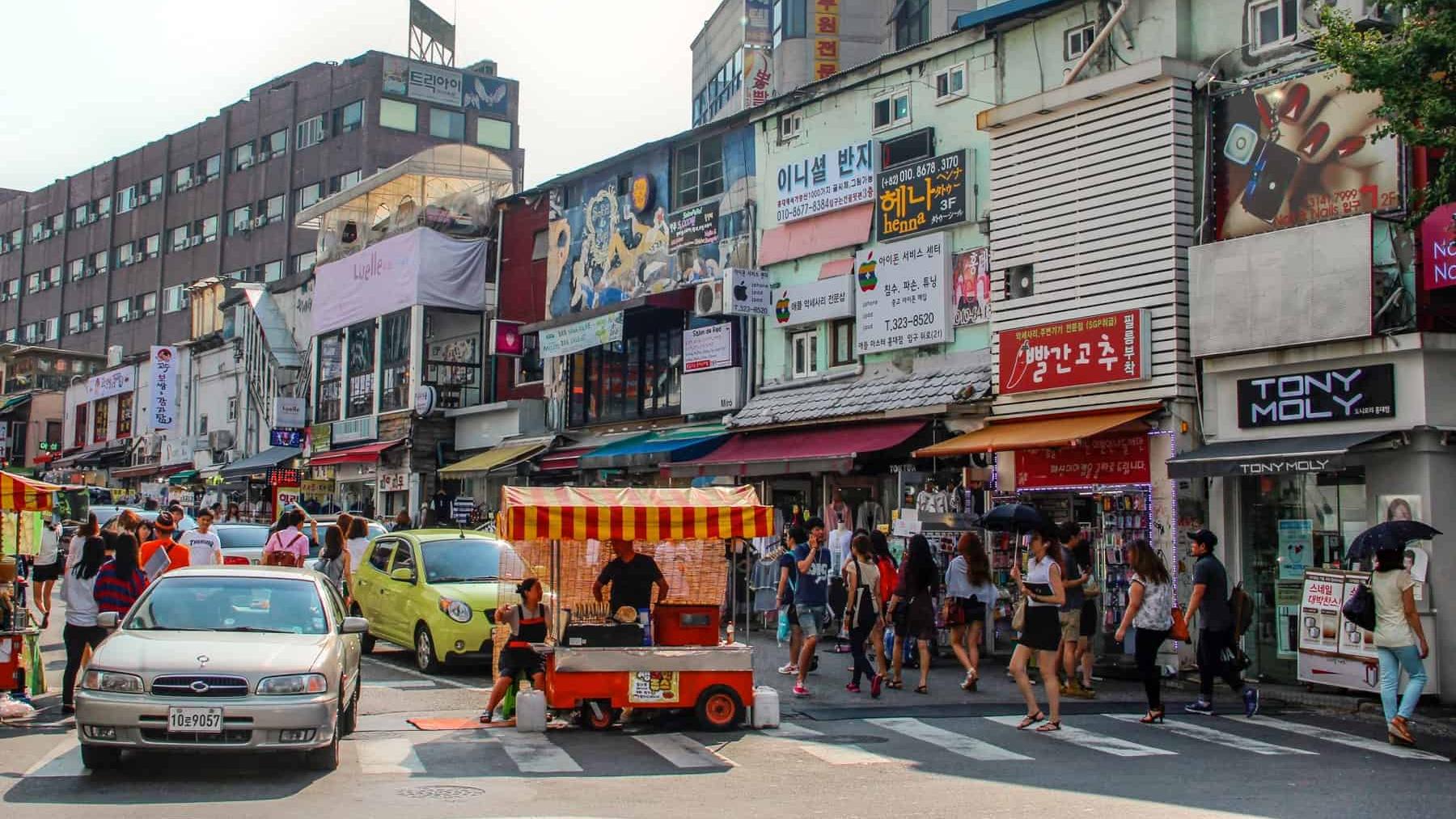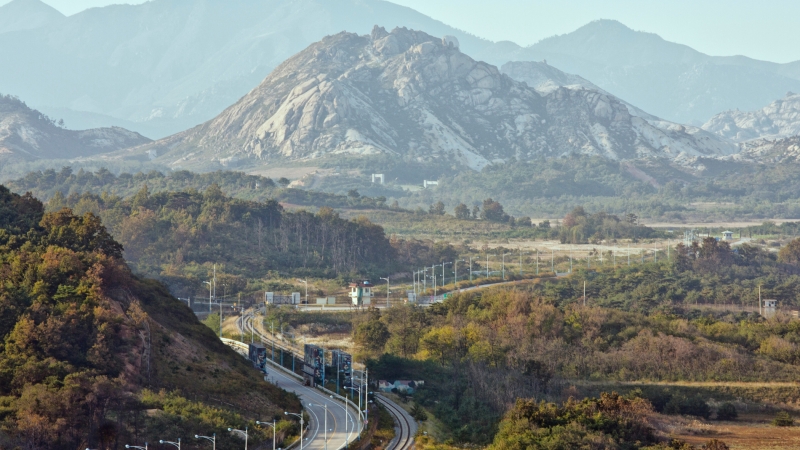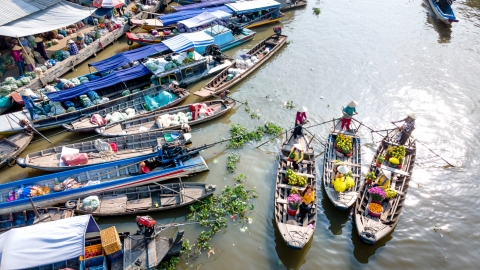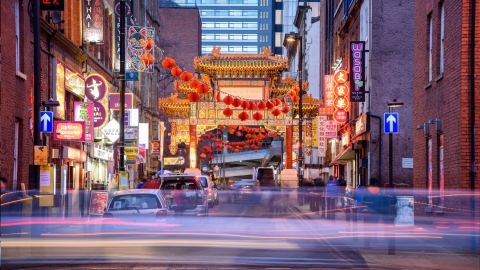With over 15,000 businesses, the fortune-telling industry in South Korea is booming. The Nonhyeon neighborhood in Gangnam, Seoul, with its highest concentration of fortune-telling establishments, has become a "holy grail" for those seeking advice from psychics.
This area boasts 285 fortune-telling locations within a 2.45 km radius. This surpasses other notable "hotspots" such as Yeokchon in Eunpyeong County with 214 locations, and the Sindang and Dongmyo areas with 193 locations each. The combination of historical and cultural elements and convenience has made these locations attractive destinations. However, alongside traditional fortune-telling locations, online fortune-telling services are also becoming increasingly popular, especially among young people.
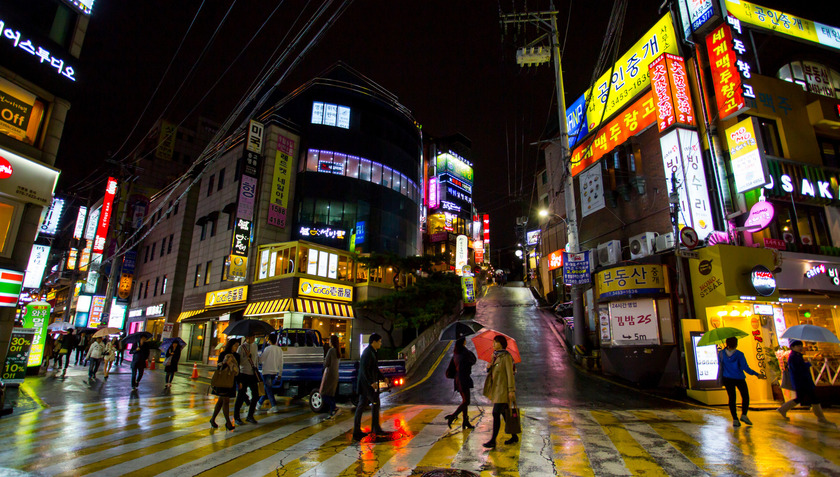
Gangnam is not only a symbol of wealth and modernity but also a unique spiritual and cultural center.
The clients of these places are typically people of high social standing, seeking advice on career, love, and life. With high-end services and luxurious settings, the fortune-telling establishments in Nonhyeon have met the most demanding requirements of their clients.
To cater to the needs of affluent customers, fortune-telling shops in Nonhyeon have created a private, discreet space, a stark contrast to the traditional image of noisy, bustling markets. The absence of red or white flags is a way of emphasizing this distinction.
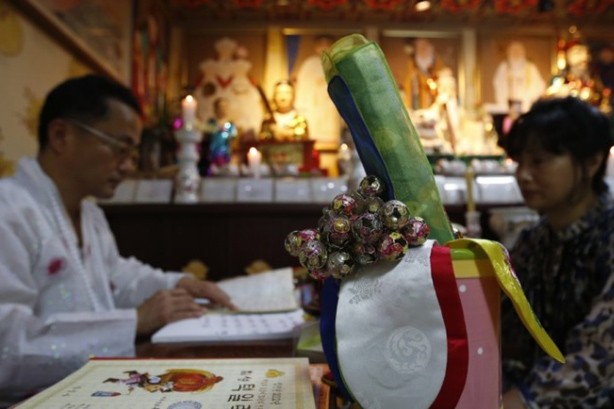
According to statistics, the number of shamans and fortune tellers in South Korea has reached over 1 million, a dramatic increase over the past 10 years.
A 60-year-old fortune teller in Nonhyeon said, "North of the Han River, fortune-telling markets are scattered throughout many areas, but in the south, Nonhyeon is the only place where fortune-telling shops are concentrated. I only see clients by appointment; if someone comes without an appointment, I'll turn them away." When asked about her income, she said, "I earn about 150 million won (US$113,000) a year. When I'm not advising clients, I spend my time praying."
However, the fortune-telling industry in Nonhyeon, once considered a spiritual "paradise," is facing unprecedented challenges. Intense competition, coupled with rising rental costs, has made it difficult for many fortune tellers to stay afloat. In addition to pressure from real estate prices, Nonhyeon fortune tellers also face competition from online fortune-telling services, mobile apps, and social media platforms. This makes attracting customers more challenging than ever.
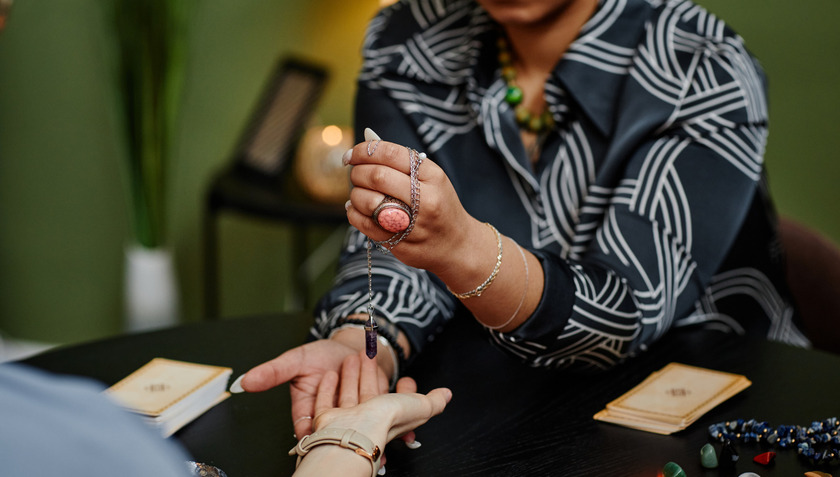
Koreans tend to turn to fortune tellers when facing problems in life.
In South Korea, fortune telling is booming online, especially among those in their 20s and 30s. Live streaming is one of the main formats, where they offer free content to attract attention and then encourage viewers to pay for more in-depth consultations. The demand for YouTube channels of fortune tellers and shamans is so high that video production companies are benefiting.
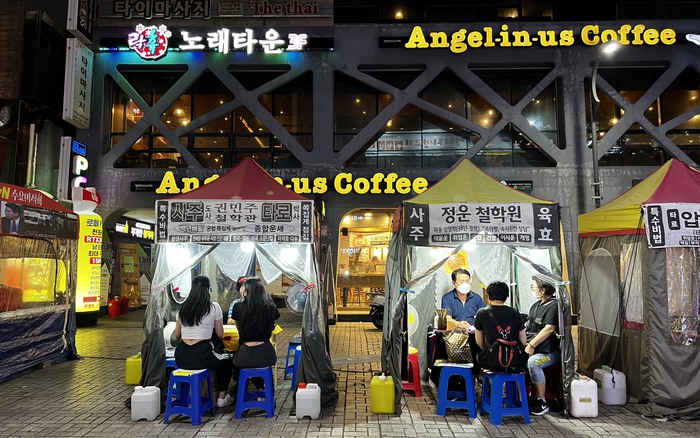
A small table and a few plastic chairs nestled inside tiny shacks, barely more than one square meter in size, are always ready to welcome guests to "explore the future."
As the fortune-telling industry flourished, young fortune tellers found new ways to adapt to the modern world. In areas like Hongdae, frequented by Millennials and Gen Z, fortune-telling cafes have sprung up, often offering tarot readings and horoscopes. Some of these are even run by fortune tellers who have received a spiritual calling. These cafes are relatively easy to join, with some shops allowing customers to choose their preferred deck through kiosks.
In the hustle and bustle of Seoul, many people yearn for peace and answers to life's questions. And fortune telling is one way to fulfill that need. No matter how society changes, belief in spirituality remains deeply ingrained in the minds of Koreans.

 VI
VI EN
EN



